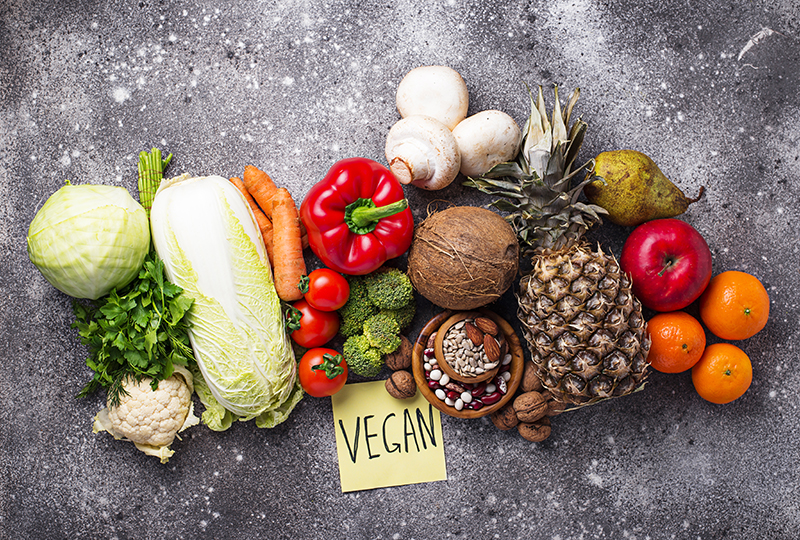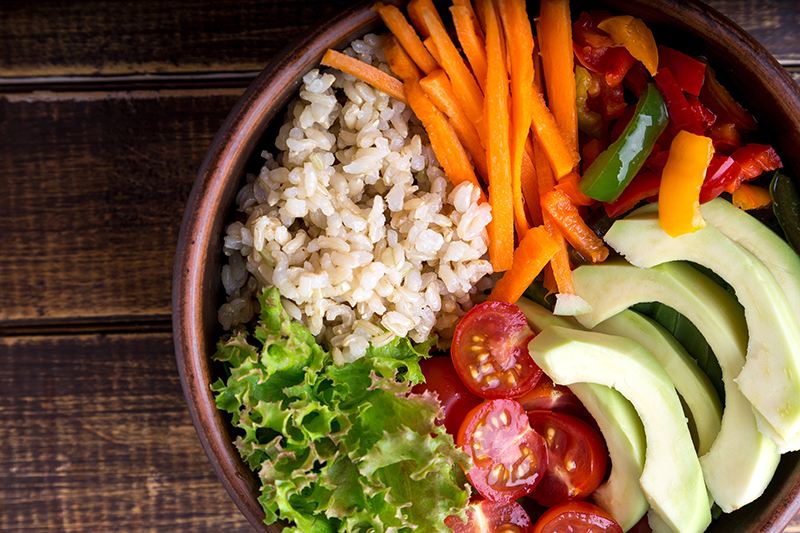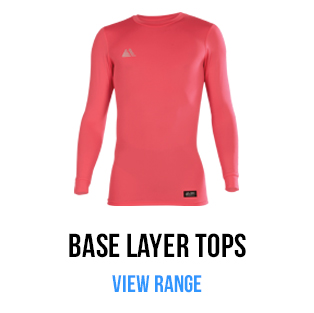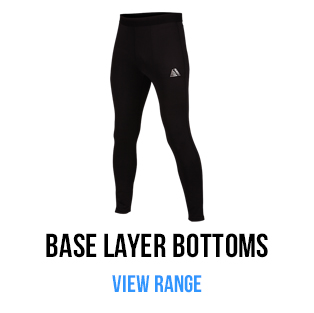Last Updated on: 11th October 2024, 11:28 am
Vegan Diet For Football Players
Can footballers follow a vegan diet?
Veganism is a lifestyle choice that is only getting more popular. Especially when more people take part in Veganuary every year. Vegans consume a fully plant-based diet which means all animal products – meat, fish, dairy, eggs, honey – are removed. Although, some vegans choose to cut out more from their diets. Veganism, and its less extreme sibling flexitariansim, are becoming more popular. Plant-based meals can end up being easier and quicker to prepare and they are often cheaper. So the big question is, can footballers get everything they need from a vegan diet?
Veganism and Football
The basic principles of nutrition for footballers are the same whether you eat meat or follow a plant-based diet. In professional sports, a lot of athletes eat a vegan diet when they’re training anyway. The biggest change will be where you get your protein from but there are plenty of great vegan options out there.
If you’re already following a strict diet, changing to a plant-based diet might not even be that different. If you’re already following a diet plan filled with healthy whole foods then you probably won’t find it difficult to switch. You just need to know what your body needs to perform at its best and then find the best foods to ensure you get it.
Footballers who eat a plant-based diet
With the right diet plan, a football player can easily remove meat from their diet. If you need proof, there is a significant and rising number of footballers who already follow a vegan or plant-based diet. Some notable examples include:
- Hector Bellerin, former Arsenal defender
- Chris Smalling, ex-Manchester United centre-back
- Fabian Delph, former England midfielder
- Alex Morgan, one-time co-captain of the US Women’s team
- Jenny Beattie, Scotland and Arsenal defender
- Neymar da Silva Santos Junior, Brazilian professional footballer
Other players, like Lionel Messi and Sergio Aguero, aren’t fully vegan but do follow a plant-based diet during the football season.
It’s not just footballers either. Plenty of big sports stars are champions of plant-based diets. These include Venus and Serena Williams, Lewis Hamilton, Novak Djokovic, Lisa Gawthorne and Dotsie Bausch. So, it’s safe to say that a plant-based diet isn’t going to prevent you from reaching your full potential on the pitch.
Pros and Cons of Veganism
As with all lifestyle changes, there are pros and cons to switching to becoming a vegan. All you need to do is weigh up which matters more to you. Some of the positives to moving to a fully plant-based diet are:
- It’s healthy and nutrient-rich
- Possible reduced risk for illness
- Could help reduce recovery time
- Improved digestive health
- Plant-based diets are often cheaper
- Better for the environment and animal welfare
Some of the downsides include:
- Might be harder to reach your daily caloric intake
- Possible nutrient deficiencies
- You’ll need to be mindful of your protein intake
- Might cause some initial digestive discomfort
- Required diligence
- Social and practical challenges
Adopting a vegan diet can be beneficial for a player as long as it’s well-planned to meet nutritional needs. It might not be right for everyone but it’s certainly not as impossible as you might think.
Tips to Avoid Deficiency
Potential nutritional deficiencies can arise from veganism but these can easily be corrected. As a player, the main potential areas of deficiency are:
- Daily caloric and energy intake
- Protein intake
- Vitamin D intake
- Minerals like iron, zinc and calcium
Thankfully, there are plenty of ways to make sure you get everything you need.
Energy
Footballers have a high energy demand and switching to a vegan diet may result in unwanted weight loss. Plant foods generally have a lower density of calories compared to animal foods. This means you need to eat a much larger volume to reach your daily calorie goal.
How do you combat this? Eat more than you’re used to. You can make it easier to reach your goal by including higher-calorie foods like nuts to your meals.
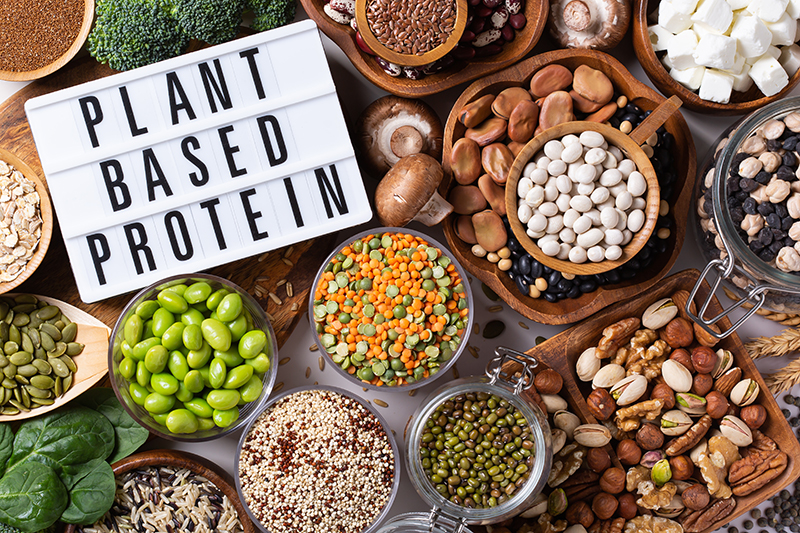 Dietary Protein
Dietary Protein
One of the major concerns about veganism is protein. Namely:
- The amount of protein you’ll take in
- The quality of the protein
Omnivores get the majority of their protein from animal products, so vegans need to replace them with high-protein plant-based alternatives. Some examples include lentils, beans, chickpeas, nuts, tofu and soy products. To ensure you’re getting the right amount of protein, you’ll need to familiarise yourself with these foods and how much you need to eat to reach your daily target.
It’s a common misconception that plant-based foods are an inferior source of protein because they have an incomplete amino acid profile. This isn’t strictly true as all plant-based foods have a complete amino acid profile but are normally around 10% lower in amino acids. So, you’ll need to eat slightly more protein than you normally would to compensate for this. So, an omnivorous player might aim for 1.5g of protein per kg of body weight. A vegan player needs to compensate with a 10% increase to around 1.6-1.7g of protein per kg of body weight.
Micronutrient Intake
Again, making sure you get all of the micronutrients in your vegan diet is just a case of understanding which foods you should be consuming. There are plenty of foods that you can add to your diet to avoid being deficient of essential nutrients. See some examples below.
- Iron: legumes (e.g. lentils, beans, chickpeas) will be your main source of iron. They are also a good source of protein so make sure you have some with each meal.
- Zinc: fortified cereals, tofu, oats, seeds and quinoa can boost your zinc intake.
- Calcium: cruciferous vegetables (e.g. kale and broccoli) are a good source of calcium. Also fortified plant milk, tofu and almonds.
- Vitamin B12: many plant foods are fortified with B12 (like nutritional yeast and some plant milks) but you can always take a B12 supplement if necessary.
- Vitamin D: look for fortified fat spreads, breakfast cereals and unsweetened soya drinks (with vitamin D added). You can also just soak up the sun or take a supplement.
- Omega-3 Fatty Acids: you’ll find omega-3 in chia seeds, flaxseeds, walnuts, and hempseeds
As long as you’re eating the right foods, you shouldn’t end up missing any nutrients.
Meal Plan Ideas
You’ll have no problem creating a varied vegan menu that you can tailor to your needs. As we know, protein is a big worry when it comes to a veganism. However, if you’re eating a good mix of beans, nuts and seeds then you’ll have no problems getting all of your protein. It might take time to get used to but it’s not as difficult as some people make out. If you’re worried, you can always supplement your diet with plant-based protein powders but you shouldn’t need to.
Vegan ingredients are versatile and can be used for plenty of different cuisines. For example, tofu is a great source of protein and can be flavoured any way you want. If you’re stuck for ideas, here are some easy ideas for each meal:
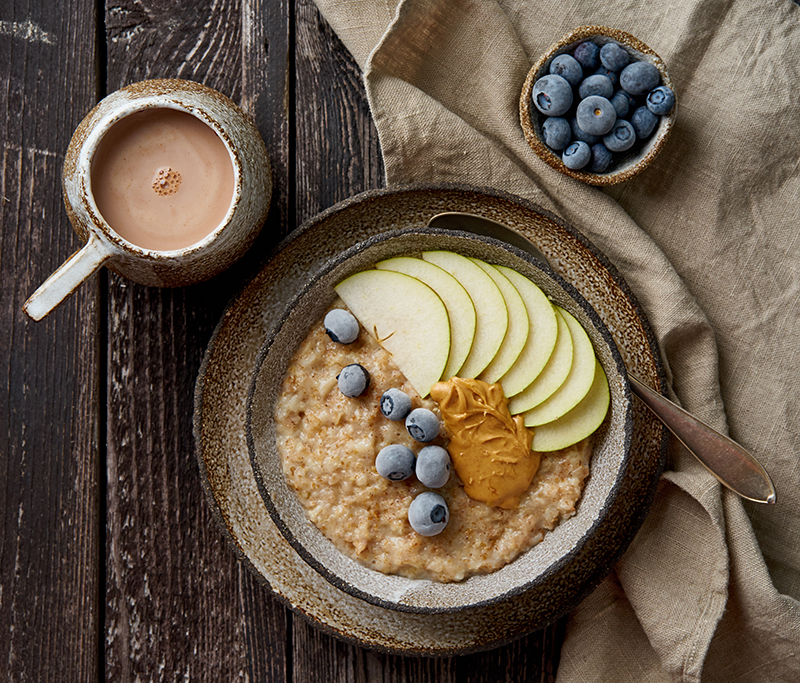 Breakfast
Breakfast
- Oatmeal with plant milk – top with seeds, nuts and fruit.
- A smoothie made with plenty of fruit and greens. Add some seeds and nuts to the mix and include protein powder if you want.
- Tofu Scramble and wholewheat toast. Add some tomatoes or have some fruit afterwards.
Lunch
- Salads made with plenty of beans, nuts, seeds and vegetables. Add a nut-based dressing and a wholegrain side if you want.
- Soups made with vegetables and lentils/beans.
- Hummus and falafel in a wholegrain wrap.
Dinner
- Vegan burrito bowls
- Tofu stir-fry
- Vegan curry with brown rice
Snacks
- Vegetables and hummus
- Apple and nut butter
- Wholewheat toast with nut butter.
Pre-workout Snacks
- Overnight oats with plenty of fruit and nuts.
- Granola with blueberries and plant milk.
- Whole grain toast with nut butter and some fruit.
These easy and tasty options are just a handful of tasty and nutritious vegan meals. If you need more inspiration, you can find sample meal plans on the Viva website. They have options for different levels of athlete so you’ll find plenty of options for tasty and healthy meals.
Be Your Best
With the above tips, you’ll ensure that you have all the nutrients you need to optimise your performance on the pitch. When you follow the basic principles of nutrition, you’ll be able to make the most of your training sessions. So, you’ll want to make sure your training wear is the best it can be. Browse our range to find the right training kit for you.
Grab some of our compression training wear like the Braga training top and matching training bottoms. Or grab one of our football t-shirts and a pair of football shorts if you prefer something a bit looser.
You’ll also want to make sure you have plenty of training equipment so you can set up drills. Grab some football cones, training markers and training footballs. Keep practicing your skills at home with our football rebounder.
Football Training Essentials
Tags: diet guide, football diet, football meal plan, football nutrition, meal plan, nutrition, nutrition guide, vegan diet

